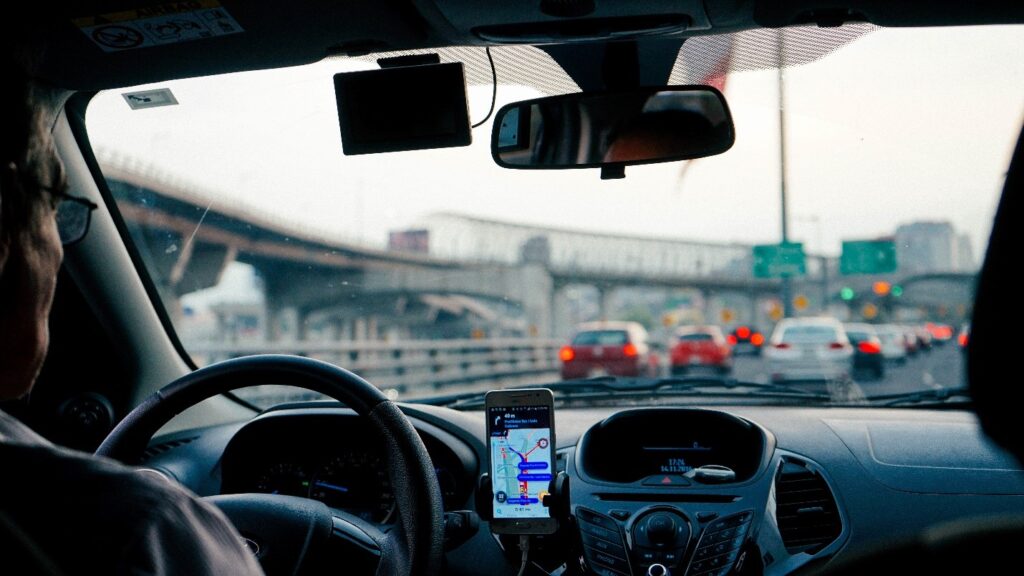Introduction
It’s normal to feel cut off from the rest of the globe while driving or riding a bike and remember that other people have very different priorities. But unfortunately, that can lead to us being significantly less courteous while riding than if we met and had to confront each other more intimately.
Furthermore, when we’re all angry with traffic, individuals make mistakes or engage in unpleasant driving techniques, which might elicit retaliation from other disgruntled drivers, resulting in a chain reaction of hatred. This frequently leads to road rage, which poses a serious threat to everyone on the road’s health & welfare.

Road rage is becoming more prevalent because many individuals continue to be stressed and frustrated due to the lockdowns, health-related limitations, job losses, and financial instability, not to mention considerable changes in our everyday routines, particularly at home.
So, how to maintain your composure and prevent road rage? Here are some helpful suggestions:
1. Practicing Deep Breaths
Deep breathing may help you rid your body of stale air and stagnant energy, oxygenate your blood and relieve anxiety. In addition, concentrating on your breathing draws your attention within and makes difficulties appear more distant without diverting your attention too far from the road.
2. Staying Relax While Driving
When you’re worried, and in a hurry, you’re more likely to have road rage. Allow additional time for your frequent visits and commutes so you may drive more slowly and be in control. It is recommended that you keep relaxed and attentive when driving, as this will help you relax and drive more comfortably. You store stress in your brain when you’re annoyed. Deep breaths, listening to music, and staying calm will teach you how to release tension fast, even while sitting in the automobile, making you more mentally and emotionally peaceful.

3. Avoid Driving Aggressively
Tailgating and bypassing lanes are believed to be the starting point for 30% of road rage events that progress to physical hostility. A polite driver will pave the way for you faster than you think if you are calm and utilize your turn signals. Conversely, overtaking aggressively or driving in a hurry may assist you to arrive 10 minutes earlier, but it comes with significant hazards.
4. Listening To Music
Music, podcasts, and audiobooks are all excellent options. Music may give a piece of engaging music to your journey by gradually coloring your experiences. Audiobooks or podcasts can give a slight diversion, allowing you to enjoy your trip to the point where irritating drivers and bumper-to-bumper traffic become less aggravating.
5. Maintaining Your Time Schedule
Make good use of the time. When we’re upset on the roadway, we’re usually in a rush and can’t get anywhere fast enough due to traffic. Arranging the schedule so you can leave earlier and anticipate traffic might help you relax since it won’t make any difference as much if the route takes a few minutes longer.
6. Nasty Drivers Should Be Overlooked
Go away if someone else’s driving does not suit your expectations. By emulating their motions, don’t try to teach someone a message or make them realize their “poor” driving. The police are deployed for a purpose. You should ensure the safety of yourself and your passengers.
Some Additional Tips To Keep In Mind For Maintaining The Road Rage:
- Focus on riding rather than a job or household issues.
- To decrease worry and tension, plan your travel ahead of time.
- To assist with irritation, adopt a good mental attitude.
- Playing music might help you relax.
- If you are provoked, be respectful and remain calm.
- Keep your automobile doors closed, and don’t leave the protection of your vehicle if you detect problems.
- Starting to sound the horns, blinking your headlights, or pointing in response will exacerbate the issue.
- Record the registration plate and file a complaint to the authorities if you are a casualty of abuse.
- Finally, remember that it is preferable to arrive late than not.
Conclusion
Experiment with these and other tension-relieving strategies. You should find that your driving time is more enjoyable and your commutes safer if you practice excellent anger and stress management. Constantly listen to the voice of logic, and don’t let your emotions influence your decisions. For example, while braking rapidly to irritate the tailgating motorist may make you feel better, it may result in an accident.


